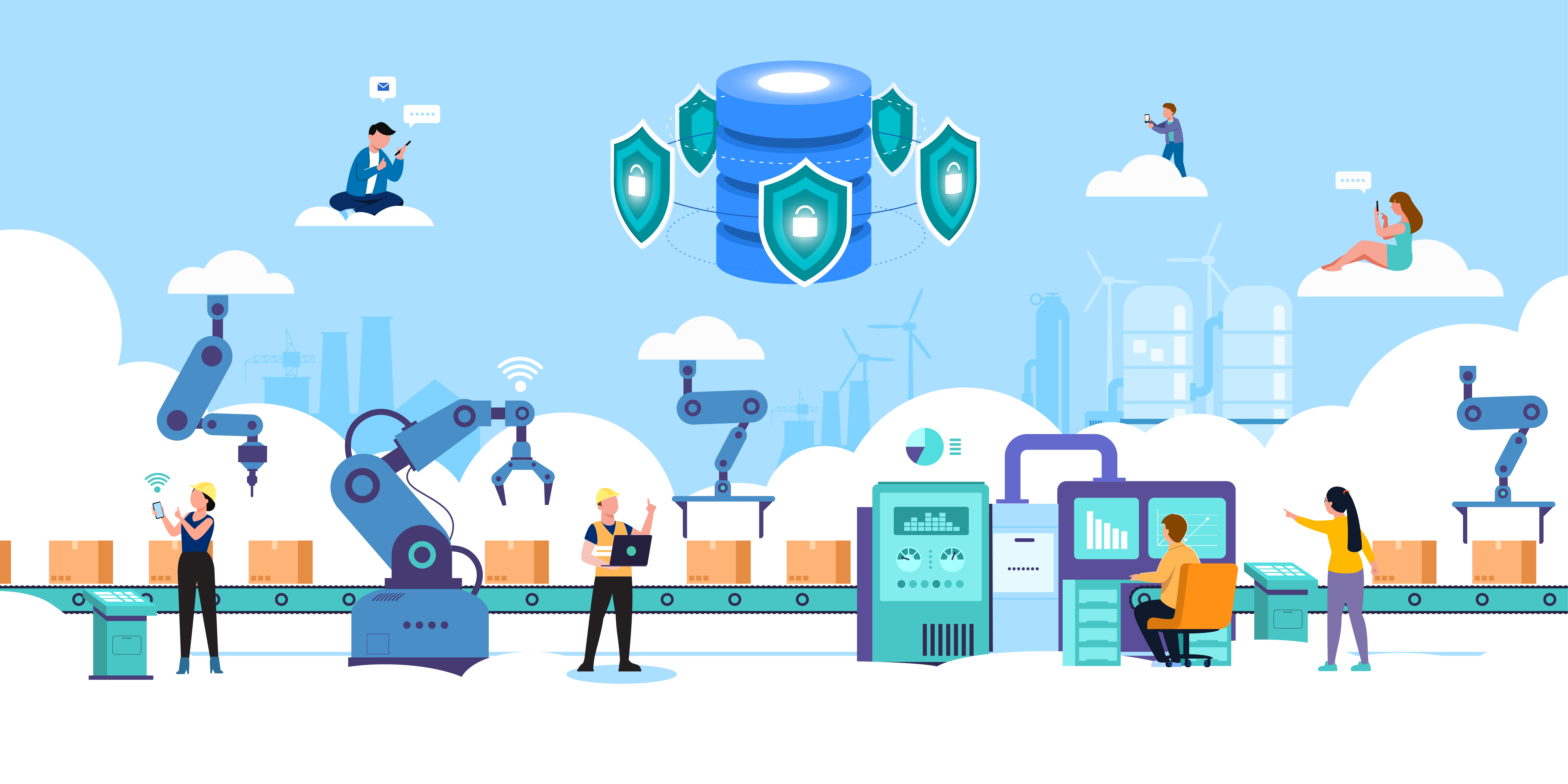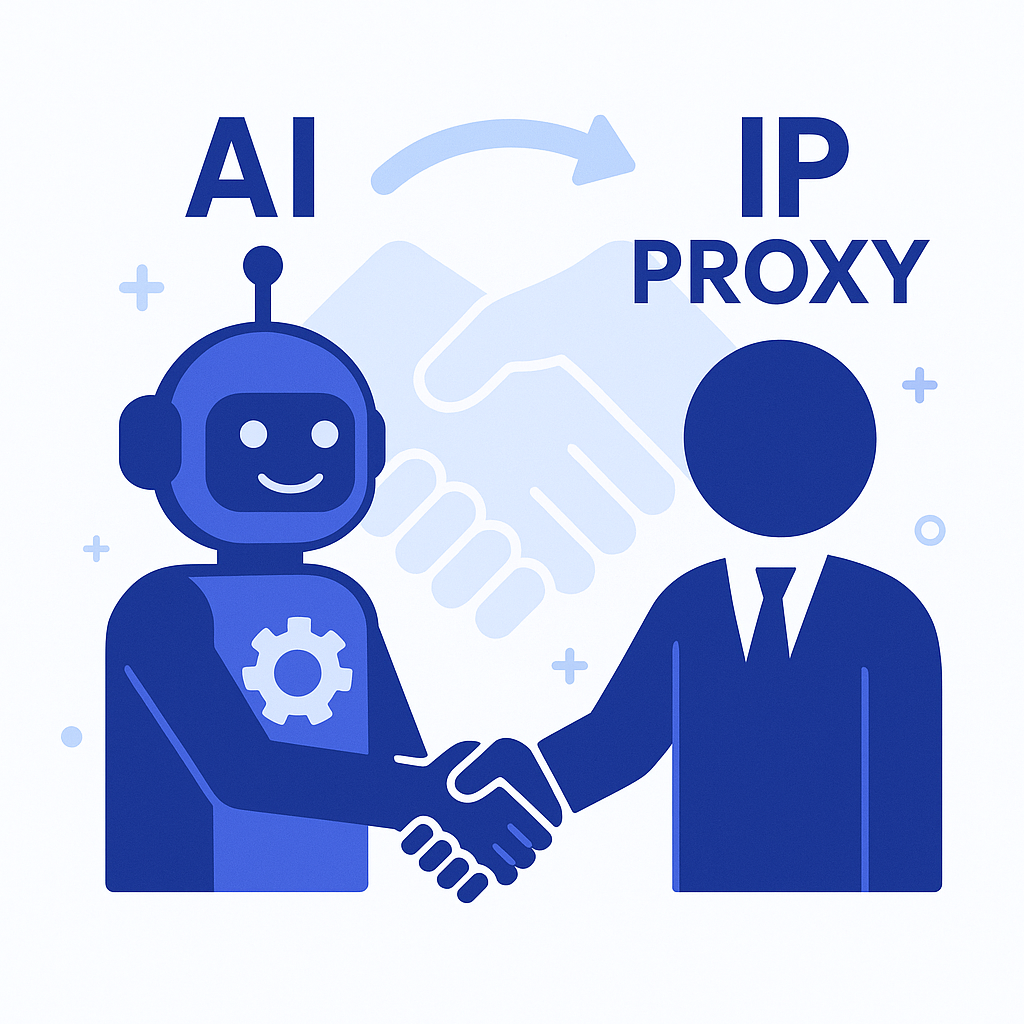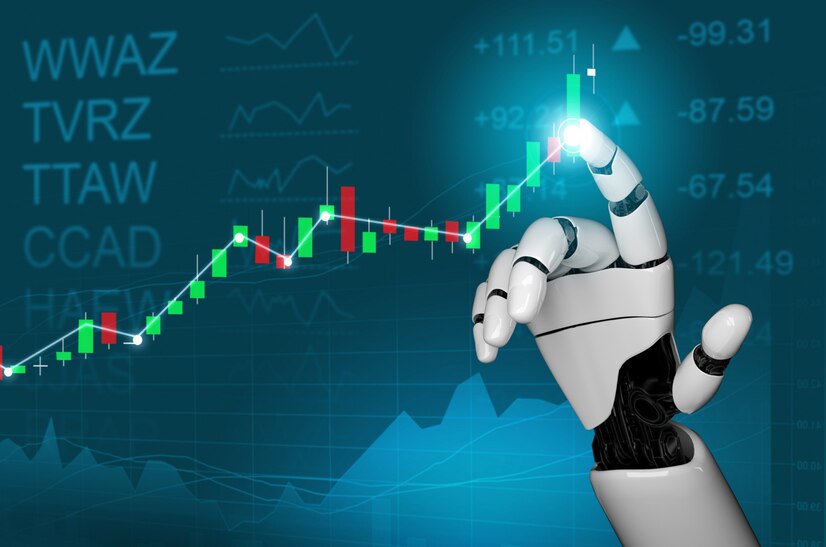How AI is Redefining Supply Chain Management?

Strong 8k brings an ultra-HD IPTV experience to your living room and your pocket.
Efficiency, responsiveness, and adaptability have always been at the core of successful supply chains. Yet in recent years, the traditional systems that once powered global logistics are being challenged by increasingly complex networks, unpredictable disruptions, and rising customer expectations. To meet these challenges head-on, organizations are turning to Artificial Intelligence (AI) not as a complementary tool, but as a strategic engine for transformation.
AI is no longer just a buzzword in supply chain management; it’s actively reshaping how products are sourced, manufactured, distributed, and delivered. From predictive analytics to autonomous operations, AI-driven supply chains are proving faster, smarter, and more resilient.
Why the Supply Chain Needs a Digital Brain?
The global supply chain is a vast ecosystem involving suppliers, manufacturers, warehouses, logistics providers, and retailers—all operating under pressure to be lean and agile. But legacy systems often struggle with siloed data, slow decision-making, and poor visibility across operations. This is where AI steps in to centralize intelligence, process massive data sets, and enable real-time, automated decisions.
- Organizations are now using AI to tackle long-standing inefficiencies:
- Demand forecasting with higher precision using machine learning algorithms
- Real-time inventory optimization based on customer behavior and market trends
- Route planning and delivery tracking with predictive modeling
- Risk management with proactive scenario simulations
- Supplier performance monitoring and procurement insights
By embedding AI at critical points in the supply chain, businesses are not just reacting faster—they are predicting and preventing problems before they happen.
Key Applications of AI in Supply Chain Management
1. Predictive Demand Forecasting
AI enhances forecasting by integrating structured data (like historical sales, inventory levels) with unstructured data (such as weather patterns, social media sentiment, or geopolitical news). Machine learning models can learn from this multifaceted data to predict demand fluctuations more accurately than traditional ERP tools.
Retailers, for instance, can anticipate seasonal spikes, promotions, or regional preferences, allowing them to align procurement and inventory levels accordingly. This helps reduce stockouts, excess inventory, and storage costs.
2. Autonomous Procurement and Sourcing
Sourcing decisions are no longer solely based on cost. AI tools evaluate suppliers on multiple parameters—on-time delivery rates, ESG compliance, quality scores, and risk exposure. AI-based supplier selection engines can recommend optimal sourcing strategies while ensuring supply chain sustainability.
Moreover, intelligent contract management systems powered by natural language processing (NLP) can flag deviations, detect risks, and even initiate renewals or renegotiations automatically.
3. Inventory Management with Real-Time Visibility
Traditional inventory management often suffers from latency and disconnected data. AI enables real-time inventory tracking using IoT sensors, RFID tags, and edge computing. These devices feed into AI systems that continuously assess stock levels, monitor temperature-sensitive goods, and automate replenishment.
Through predictive analytics, warehouses can transition from reactive to proactive models, preventing overstocking, reducing holding costs, and improving service levels.
4. Smart Warehousing and Robotics
In modern warehouses, AI integrates with robotics, computer vision, and digital twins to automate picking, packing, and sorting operations. Robots powered by AI algorithms can identify optimal paths, reduce human errors, and operate around the clock.
Digital twin technology—a virtual replica of physical assets—helps simulate warehouse operations and test layout changes or process optimizations without interrupting live operations.
5. Logistics and Last-Mile Delivery Optimization
AI optimizes route planning by factoring in traffic data, weather conditions, delivery windows, and fuel consumption. For logistics companies, this translates to faster delivery times, reduced emissions, and cost savings.
In last-mile delivery—a critical customer touchpoint—AI helps track deliveries in real-time, predict estimated arrival times, and suggest reroutes in case of delays. Additionally, AI-powered chatbots and virtual assistants enhance the customer experience by offering live delivery updates and instant query resolutions.
6. Risk Mitigation and Scenario Planning
Supply chains are highly vulnerable to geopolitical tensions, natural disasters, cyberattacks, and supplier bankruptcies. AI-powered risk management platforms can simulate thousands of disruption scenarios and recommend contingency plans. These tools integrate internal data with external feeds (such as news articles or financial reports) to detect early signs of disruption.
By using AI for scenario modeling, companies gain a competitive edge through preparedness and agile decision-making.
Case Study: AI-Powered Transformation at a Global Manufacturer
Consider the example of a global automotive manufacturer that faced delays due to unpredictable demand shifts and supplier inconsistencies. By implementing an AI-based demand forecasting system integrated with IoT-enabled warehouse sensors, the company achieved the following
- 20% improvement in forecast accuracy
- 15% reduction in inventory holding costs
- 25% faster response to supplier risks and raw material shortages
The AI system helped the company shift from a reactive to a predictive operational model, transforming supply chain management into a competitive advantage.
The Rise of Agentic AI in Supply Chain Management
The next evolution in supply chain intelligence comes from Agentic AI—autonomous agents capable of executing tasks, learning from outcomes, and continuously improving their actions without constant human oversight.
Agentic AI in supply chain management offers a shift from static automation to dynamic problem-solving. These agents can independently manage logistics decisions, renegotiate supplier contracts in real-time, or adapt production schedules on the fly—all based on evolving data inputs.
Such capabilities are particularly useful in complex environments where rapid changes demand continuous adaptation. Unlike traditional systems that rely on predefined rules, Agentic AI can redefine its strategies as it learns from new variables, making it a game-changer for global supply chains navigating uncertainty.
Ethical and Data Governance Considerations
While the benefits of AI in supply chain management are significant, they also raise important questions about data privacy, accountability, and ethical use. Organizations must ensure transparency in AI decision-making, establish responsible data practices, and align with regulatory requirements such as GDPR or CCPA.
Moreover, the shift toward AI-powered operations should not exclude the human workforce. Instead, AI should be leveraged to augment human decision-making, not replace it. Investing in upskilling programs and fostering human-AI collaboration is essential for long-term success.
Challenges in AI Adoption—and How to Overcome Them
Despite its potential, adopting AI in the supply chain comes with hurdles:
- Data silos: Many companies struggle with fragmented data across departments or systems.
- Integration complexity: Merging AI with existing ERP and legacy platforms requires careful planning.
- Talent shortage: AI expertise in supply chain domains is still limited.
- Initial costs: Building or implementing AI models can be capital-intensive for SMEs.
To overcome these, companies should start with targeted pilot projects that address specific pain points—such as forecasting or inventory management—before scaling enterprise-wide. Partnering with experienced AI solution providers can also reduce risk and accelerate value realization.
The Road Ahead: AI-Driven Ecosystems
As AI continues to mature, its role in supply chain ecosystems will deepen. We’re likely to see the emergence of interconnected AI platforms that facilitate seamless coordination between suppliers, manufacturers, logistics providers, and retailers. These ecosystems will thrive on shared intelligence, transparency, and automation.
For example, blockchain combined with AI can ensure traceability and trust in multi-party supply chains. Similarly, AI-enabled sustainability tools can help organizations track emissions, waste, and environmental impact, making supply chains not just smarter but greener.
Final Thoughts
The integration of AI into supply chain management is no longer an experimental initiative—it’s a business imperative. By unlocking greater visibility, adaptability, and efficiency, AI helps organizations navigate an increasingly complex global landscape with confidence.
Whether it's improving demand accuracy, enhancing supplier relationships, or building more resilient logistics networks, AI offers a path to transformative value. And as technologies like Agentic AI mature, supply chains will become not only intelligent but also autonomous—capable of learning, adapting, and evolving at scale.
To thrive in this future, companies must embrace AI as a strategic ally—investing in the right technologies, cultivating internal expertise, and fostering a culture of continuous innovation.
Note: IndiBlogHub features both user-submitted and editorial content. We do not verify third-party contributions. Read our Disclaimer and Privacy Policyfor details.







